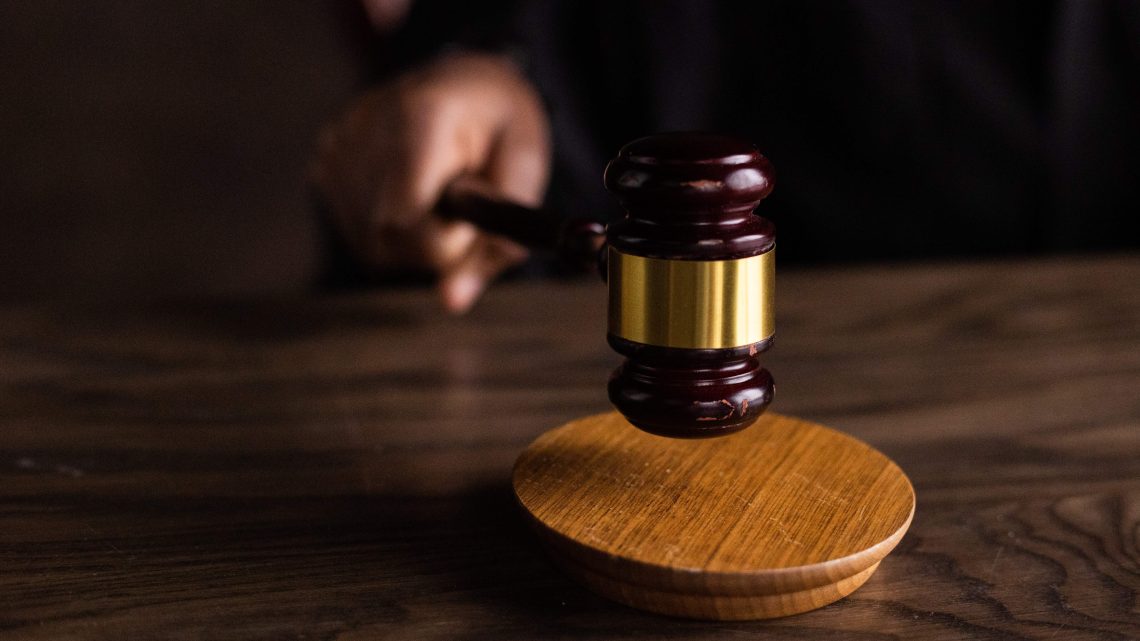When you hire an attorney, you expect them to work diligently and represent you with integrity. However, situations do arise where a lawyer tries to manipulate a situation to their advantage or to assist another client, leaving you in a precarious position. One reason that problems may occur is if a lawyer has a concurrent conflict of interest. In this post, we’ll discuss what a concurrent conflict of interest is, how they occur, and what you can do if you believe your lawyer isn’t acting in good faith.
What Are Concurrent Conflicts of Interest & How Do They Occur?
A concurrent conflict of interest can take several forms. An attorney may take on multiple clients, even though what is best for one client may be directly adverse to at least one other client. In another case, there may be a substantial risk that the attorney limits his assistance to one client in order to strengthen the position of another client. Issues may arise due to a lawyer’s ties to another current client, a past client, their own personal interests, or an involved third party.
A conflict of interest may arise before or after a lawyer agrees to provide representation. If the problem exists before a lawyer agrees to represent you, the attorney is obligated to decline representation. They will be unable to fairly represent you and the interests of their existing client, which puts both parties at a disadvantage. The only exception to this requirement is if the lawyer explains the situation to you and all involved clients and obtains informed consent from each client.
If a concurrent conflict of interest occurs after a lawyer has already begun to provide representation, they must immediately withdraw. When multiple clients are involved in the situation, the lawyer’s ability to offer continued representation depends on their capability to honor their responsibilities to the initial client and adequately represent the remaining client(s).
In some situations, unforeseeable developments may incidentally create a conflict of interest. For example, a lawyer may bring a lawsuit against an agency on behalf of a client. If the agency being sued is then purchased by a client represented by the attorney in another matter, there may now be a conflict of interest. The circumstances of each situation are unique, but the lawyer may generally withdraw from a representation to avoid issues. Where necessary, the attorney is obligated to seek court approval and should take all steps possible to minimize harm to damage to each client.
Identifying the Different Types of Conflicts
Not all conflicts of interest are the same. Some feature multiple clients with adverse goals, whereas others involve a lawyer’s own objectives.
- A directly adverse conflict of interest features a lawyer that undertakes responsibilities that demonstrably harm the representation of a current client. As an example, say a lawyer offers advice or advocacy that harms a client they represent in another matter. This is likely to make the harmed client feel betrayed, and the damage done to the client-lawyer relationship may ruin the attorney’s ability to adequately represent the injured party moving forwards.
- Material limitation occurs when there is substantial risk that an attorney’s ability to recommend, plan, or carry out a proper course of action is limited by existing interests or duties. For example, if an attorney is asked to represent five clients that are looking to form a business, a material limitation may quickly arise. The lawyer will be hard-pressed to fairly explore the possibilities available to each of the five clients, without putting one or more at an advantage or disadvantage.
- Personal interest conflicts arise when a lawyer’s own interests harm their client. An attorney should be unbiased and able to represent their client with integrity and due diligence.
What to do if You’re Harmed by a Concurrent Conflict of Interest
If you believe that your attorney is compromised by a conflict of interest or is acting in a manner that shows clear bias, there are steps you can take to hold them accountable. To start, you should contact an experienced conflict of interest attorney. They will be able to evaluate the merits of your case, explain your legal options, and strategize on how to best pursue damages. Many legal malpractice attorneys offer a free initial consultation to discuss the specifics of your case, and they can help you receive compensation for serious financial harm suffered.



No Comment